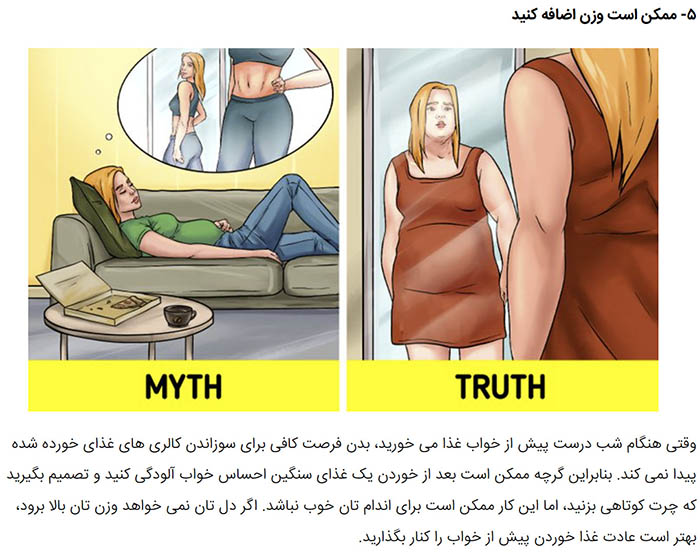Mastering Late Night Eating: The Pros and Cons Unveiled
5. The Weight Woes
Late-night snacking, if unchecked, might inch you closer to unwanted weight gain. Eating shortly before sleep doesn’t allow sufficient time for the body to expend the calories acquired from the meal. In essence, this practice could be counterproductive to weight management efforts. So, despite the allure of a post-dinner indulgence, it’s essential to recognize that succumbing to it might contribute to silent weight accumulation.
To mitigate the potential negative outcomes of late-night eating, consider implementing a simple strategy: allow a gap between your last meal and bedtime. Nutritionists often recommend a minimum of 3 hours to allow the contents of your stomach to transition into the small intestine. This separation can contribute to smoother digestion, better sleep quality, and a reduced likelihood of heartburn.
In Conclusion
The question of whether it’s bad to eat before bed rests on the nuances of our bodies and how they interact with the foods we consume. While a snack might offer comfort and temporary satiation, it can also trigger a cascade of physiological responses that affect our sleep, dreams, and overall well-being. Making informed decisions about our late-night eating habits can pave the way for restful nights and a balanced lifestyle. So, the next time you’re tempted by a midnight treat, pause to consider the intricate dance between your body, food, and sleep.





